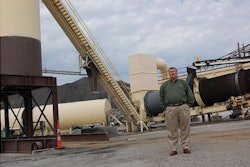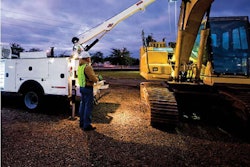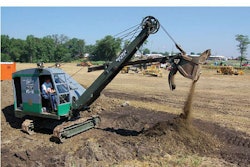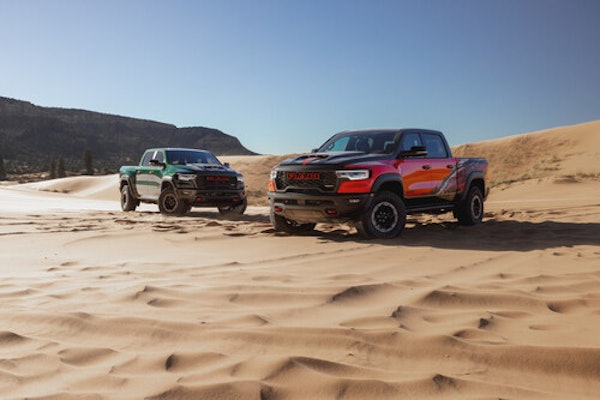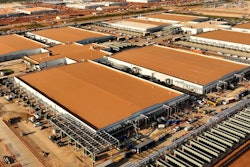Retired U.S. Army Gen. Wesley Clark on Tuesday, May 15, said the investment, development and use of alternative fuel technologies in all sectors of American life is more than simply a means of weening the United States off foreign oil – it’s also the most important component for establishing a new golden age of economic prosperity that will benefit everyone.
Clark, who retired as a four-star general, began his career as a West Point graduate and junior officer in a combat command in Vietnam and rose through the ranks, eventually becoming commander of NATO forces in Europe. In 2008, Clark ran for U.S. president on the Democratic ticket, and today he is a businessman heavily invested in alternative energy markets, including shale, natural gas, wind, tidal and biofuels.
As keynote speaker at the opening session of the Alternative Clean Transportation Exposition in Long Beach, Calif., Clark said the knowledge-based economic boom of the 1990s seemed to be the fitting conclusion to the “American Century,” as the Internet and the rise of personal computers fed an ever-growing economy that was the envy of the world. But as American wealth grew, the country as a whole invested in real estate instead of manufacturing, research and development.
At the same time, Americans discovered to their dismay that a knowledge-based economy was difficult to contain within national borders. “As it turns out, knowledge moves very quickly overseas,” Clark said. “We discovered that people in Eastern Europe and Asia can write programming code and create software just as good as anyone in America can.”
Today, with the American economy flat and slowly regathering momentum, Clark said that while the United States has no real superpower rivals at the moment, the Chinese are gaining steam and telling the world that America was the economy of the last century – while the future belongs to Beijing.
To counter this, Clark said the United States needs a growth policy – an idea that seems alien to many Americans. “We’ve always grown naturally,” he said. “But for most countries around the world, an economic growth plan is absolutely vital to create and sustain prosperity.”
Brazil is an example of this, he said. The Brazilian government realized that as long as the country was sending billions of dollars overseas to purchase oil, it never would be able to invest adequately to grow its own economy and spur growth. So Brazil decided to shift energy production within its own borders with an aggressive ethanol fuel program. “It worked,” Clark said. “Not overnight. But today, Brazil is one of the premier up-and-coming economies in the world.”
The United States today is in a similar position, Clark said. “We send over $300 billion overseas to purchase oil every year,” he said. “That’s about $1,000 for every man, woman and child in this country. That’s money that we can keep at home to create up to 8.5 million jobs – and taxes to cut our deficit and invest in sustained economic growth.”
Currently, Clark said, that $300 billion a year gets the United States about 9.5 million barrels of oil a day, and he thinks Americans need to pull together across the board – “Everything from ‘Drill, baby, drill!’ to improved fuel economy standards, to wind, solar and tidal power” to steadily chip away at those 9.5 million barrels of oil.
Clark challenged fleet managers attending the conference to ask themselves what they could do to help their country and grow the economy by looking into and investing in alternative fuel technologies where possible. “We all have to work together on this,” he stressed. “The beauty of this is we can develop these alternative fuel technologies without government programs.”
Clark said Wall Street is sitting on $2 billion that could be invested in such technologies. “Overseas investors would love to invest in the United States – because in spite of all our current problems, we still have the strongest and safest economy in the world,” he said. “We just have to step up and give them a vision and goals they can feel confident putting their money in.”

